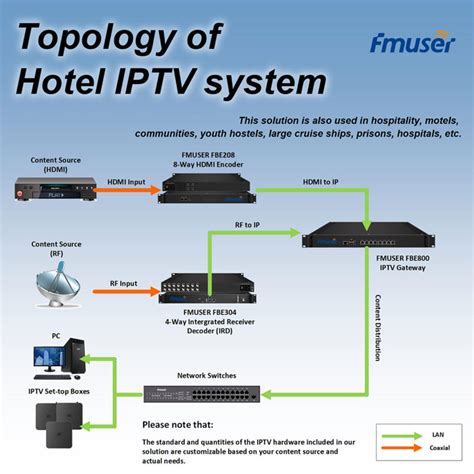How Do Hotel Tv Systems Work
Ronan Farrow
Mar 20, 2025 · 3 min read

Table of Contents
How Do Hotel TV Systems Work? A Deep Dive into Hospitality Technology
Hotels are more than just a place to lay your head; they're intricate hubs of technology, and the television system is a prime example. Gone are the days of simple cable boxes; modern hotel TVs are sophisticated systems designed for guest convenience and operational efficiency. This post will dissect how these systems function, exploring the technology behind them and addressing common questions.
Understanding the Core Components
A hotel's TV system is much more complex than the one in your home. It involves a variety of interconnected components working in harmony:
1. Headend: The Central Control Hub
Think of the headend as the brain of the operation. Located in a central location within the hotel, this is where the magic happens. The headend contains:
- Set-top boxes (STBs): These process and decode the various television signals.
- Encoders/decoders: These convert signals into a format suitable for transmission across the hotel's network.
- Satellite receivers: These receive signals from satellite providers.
- Cable modems: Used for internet connectivity and accessing online streaming services.
- Content servers: These store and deliver on-demand content like movies, news channels, and hotel information.
The headend receives various input sources and distributes them to the guest rooms.
2. Network Infrastructure: The Delivery System
The headend is connected to individual guest rooms via a robust network infrastructure. This often involves:
- Coaxial cables: A traditional method, especially for older hotels.
- Fiber optic cables: Increasingly popular due to their high bandwidth capabilities, supporting HD and even 4K content.
- IP-based networks: These utilize the hotel's internet infrastructure, offering flexibility and scalability.
This network is crucial for reliably delivering signals to each television.
3. In-Room Televisions: The Guest Interface
The TVs themselves are often smart TVs, offering internet connectivity and access to various apps. However, unlike home TVs, hotel TVs often have:
- Custom firmware: This ensures compliance with hotel policies and provides access to specific channels and services.
- Content management systems (CMS): This allows the hotel to control and update the content offered on the TVs, including welcome messages, advertising, and information about hotel amenities.
- Interactive features: Many hotel TVs offer interactive services like ordering room service, accessing hotel information, and viewing local attractions.
The hotel manages these aspects to tailor the guest experience.
4. Interactive Guest Services: Beyond Basic Television
Modern hotel TV systems often integrate with other hotel systems, creating a truly interactive experience:
- High-speed internet access: Essential for streaming and online services.
- Interactive guest services: Ordering room service, accessing hotel information, and more, directly through the TV.
- Energy management systems: The TV might be integrated with the hotel's energy management system to optimize energy consumption.
How it Works in Practice
Signals from the headend are transmitted over the network to each guest room's television. The STB in the guest room decodes the signal and displays it on the screen. Interactive services are managed via the hotel's CMS, which allows for remote content updates and management.
Choosing the Right System
The best hotel TV system for your establishment will depend on your budget, hotel size, guest expectations, and future scalability needs. Factors to consider include:
- Number of rooms: A larger hotel requires a more robust system.
- Content offerings: Decide what channels, on-demand content, and interactive services you want to offer.
- Budget: Systems range in price, so choose one that fits your financial capabilities.
- Scalability: Consider future growth and the potential to upgrade your system as your hotel expands.
Ultimately, a well-designed hotel TV system enhances the guest experience, increases efficiency, and contributes to a positive hotel image. It's an integral part of the overall hospitality technology landscape.
Featured Posts
Also read the following articles
| Article Title | Date |
|---|---|
| How Can I Find A Seller On Amazon | Mar 20, 2025 |
| How Do You Get Water Spots Off Of Car Windows | Mar 20, 2025 |
| How To Use Tea Bags For Wisdom Teeth | Mar 20, 2025 |
| How To Train For 400 Meters | Mar 20, 2025 |
| How To Wire Tweeters To Amp | Mar 20, 2025 |
Latest Posts
Thank you for visiting our website which covers about How Do Hotel Tv Systems Work . We hope the information provided has been useful to you. Feel free to contact us if you have any questions or need further assistance. See you next time and don't miss to bookmark.
